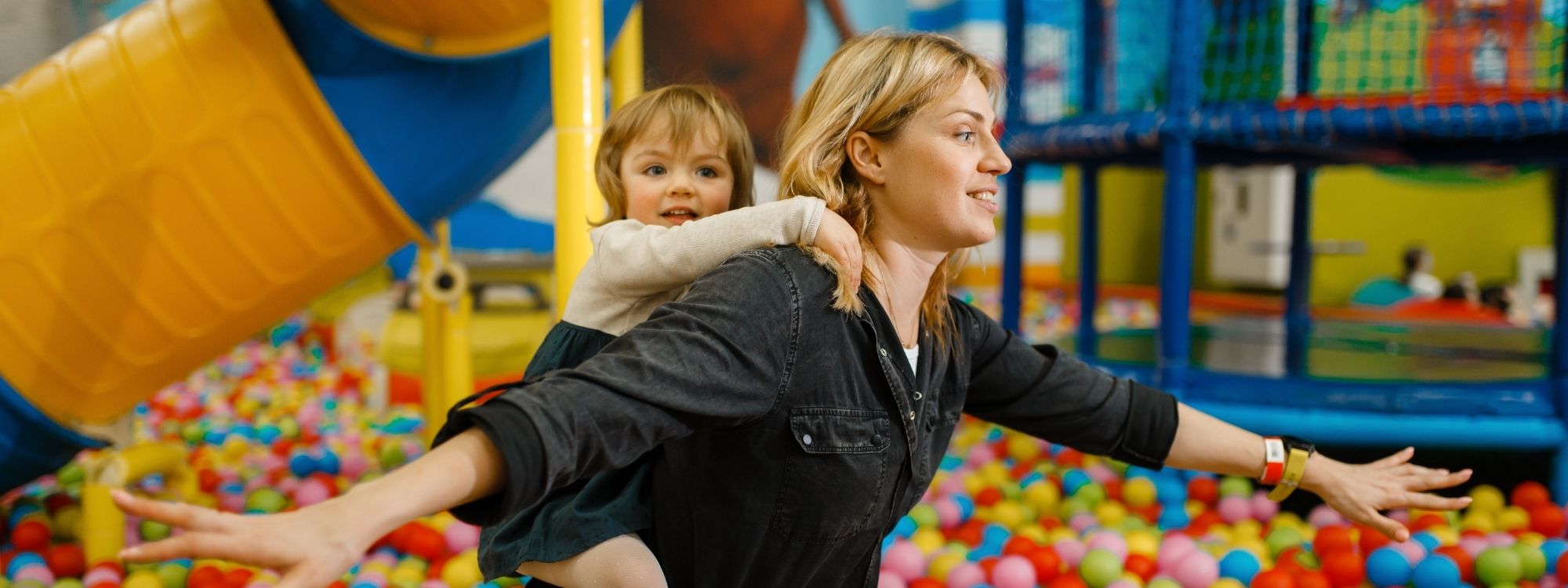Who Can Diagnose Autism in Children? Key Professionals Explained
Introduction to Autism Diagnosis
Autism Spectrum Disorder (ASD), which is commonly referred to as autism spectrum disorder, is a complex neurodevelopmental condition that impacts a child’s communication, social interaction, and behavior. Many parents ask who can diagnose autism in children when they notice developmental delays or unusual behaviors. Early diagnosis is essential because it gives children access to early intervention services that can significantly improve learning, adaptive skills, and long-term outcomes.
Diagnosing autism involves a comprehensive evaluation that reviews a child’s developmental history, behaviors, and cognitive abilities. This process typically includes several health care providers, such as pediatricians, developmental pediatricians, psychologists, and other specialists working together. Understanding how the diagnostic process works and the role each professional plays can help parents feel informed and confident when pursuing an evaluation for their child.
Understanding the Diagnostic Process
The diagnostic process for autism involves several steps, beginning with developmental screenings and moving toward a formal evaluation. Screenings may occur during regular well-child visits when a pediatrician observes the behavior of children with asd and asks questions about social interaction, speech, and milestones.
When concerns arise, the child is referred for a comprehensive evaluation. This evaluation may include various medical tests, including :
- Screening tools: Questionnaires like the Modified Checklist for Autism in Toddlers (M-CHAT) to identify risk.
- Observational assessments: The Autism Diagnostic Observation Schedule (ADOS) is one of the most widely used tools to assess communication, social skills, and repetitive behaviors.
- Diagnostic interviews: Gathering information from parents or caregivers about the child’s development, family history, and any behaviors they have noticed.
- Additional tests: Blood tests or genetic testing may be ordered to rule out other conditions, and speech-language and occupational therapy evaluations may be part of the process.
The American Psychiatric Association’s Diagnostic and Statistical Manual of Mental Disorders (DSM-5) provides the criteria used to determine whether a child meets the definition of ASD. This step-by-step process ensures that all aspects of a child’s development are considered and that the diagnosis is accurate.
Role of the Child’s Doctor
A pediatrician is often the first professional to identify early signs of autism. During regular well-child visits, the doctor monitors developmental milestones, such as eye contact, social engagement, speech, and play skills. If a pediatrician notices concerns, they may administer developmental screening questionnaires or short observational assessments.
Pediatricians play an essential role in:
- Referring children to specialists for further evaluation.
- Guiding parents through developmental monitoring and next steps.
- Helping families access early intervention services as soon as possible.
Because pediatricians are familiar with a child’s health history, they are well-positioned to spot patterns in behavior and recommend the right diagnostic professionals for a comprehensive evaluation.
Specialist Professionals
Several specialists can formally diagnose autism in children. Each professional, including speech therapists, brings unique expertise to the evaluation process, and in many cases, a child will see more than one of the following:
Developmental Pediatricians
Developmental pediatricians are trained to assess developmental delays and neurodevelopmental disorders, including autism. They conduct detailed evaluations that look at a child’s medical history, family background, and behavior patterns. Developmental pediatricians are often the lead specialists in making an autism diagnosis.
Child Neurologists
Neurologists focus on the brain and nervous system. They may be involved in cases where there are concerns about seizures, significant developmental regression, or complex medical histories. Their evaluations can include imaging or other tests to rule out neurological conditions.
Psychologists and Neuropsychologists
Clinical psychologists and neuropsychologists can diagnose autism using standardized assessments and structured observations. They evaluate cognitive abilities, learning differences, and nonverbal communication skills. Neuropsychologists, in particular, can help identify how a child’s brain functions and how it affects learning and behavior.
Speech-Language Pathologists and Occupational Therapists
While speech-language pathologists (SLPs) and occupational therapists (OTs) cannot diagnose autism independently, their assessments provide crucial information for the diagnostic team. SLPs evaluate communication skills, while OTs assess adaptive skills, sensory processing, and motor development.
Board Certified Behavior Analysts (BCBAs)
BCBAs specialize in Applied Behavior Analysis (ABA) therapy, which helps reduce challenging behaviors and build new skills. Although BCBAs do not provide formal diagnoses, they play a vital role in treatment planning after a child is diagnosed.
Comparison of Diagnostic Professionals
Here’s a breakdown of who can diagnose autism in many children and their roles:
| Professional | Role in Diagnosis | When to See Them |
|---|---|---|
| Pediatrician | Screens for early signs, makes referrals | At regular well-child visits or if concerns arise |
| Developmental Pediatrician | Leads comprehensive evaluation, provides diagnosis | When developmental delays are suspected |
| Child Neurologist | Evaluates neurological conditions and complex medical histories | If seizures, regression, or neurological concerns exist |
| Psychologist/Neuropsychologist | Conducts behavioral and cognitive assessments, provides diagnosis | If social, communication, or learning differences are evident |
Why a Multidisciplinary Approach Matters
Autism is a spectrum disorder, meaning symptoms and severity vary widely among children. A multidisciplinary team approach ensures that no aspect of a child’s development is overlooked. Each specialist contributes unique expertise, resulting in a more accurate diagnosis and tailored treatment plan.
This approach also makes it easier for families to access early intervention services, such as speech therapy, occupational therapy, and ABA therapy, which can begin immediately after diagnosis. Early and comprehensive support helps children gain critical social skills, improve communication, and reduce challenging behaviors.
Conclusion
Knowing who can diagnose autism in children helps parents seek the right professionals and avoid unnecessary delays in evaluation. Pediatricians, developmental pediatricians, psychologists, and neurologists work together to provide accurate diagnoses and connect families with early intervention services. By understanding each professional’s role in the diagnostic process, parents and other adults can confidently advocate for their child and access the support they need as soon as possible.
Unsure who can diagnose autism in children or where to start the evaluation process? At Champions ABA, we’re here to guide you every step of the way. Our team connects families with trusted diagnostic professionals and helps coordinate early intervention services without added stress. Call (877) 242-1744 or visit our website today to learn how we can support your family.
FAQs
Can a pediatrician diagnose autism?
Pediatricians can identify early signs of autism and use screening tools, but they usually refer families to a specialist for a formal diagnosis. Developmental pediatricians, psychologists, or neurologists who treats children typically complete the comprehensive evaluation.
Who officially diagnoses autism?
Autism diagnoses are made by qualified medical and mental health professionals, such as developmental pediatricians, clinical psychologists, child psychiatrists, and neurologists. They follow standardized diagnostic criteria from the DSM-5 and use validated assessment tools like the ADOS.
Who gives a diagnosis for autism?
A child may receive an autism diagnosis from a developmental pediatrician, psychologist, or neurologist. These professionals collaborate with other specialists, such as speech-language pathologists and occupational therapists, to gather a complete picture of the child’s development.
Who can assess my child for autism?
Pediatricians can start the assessment process with developmental screenings. If concerns arise, they refer families to specialists who may conduct formal evaluations, including brain scans, such as developmental pediatricians, psychologists, or neurologists.



